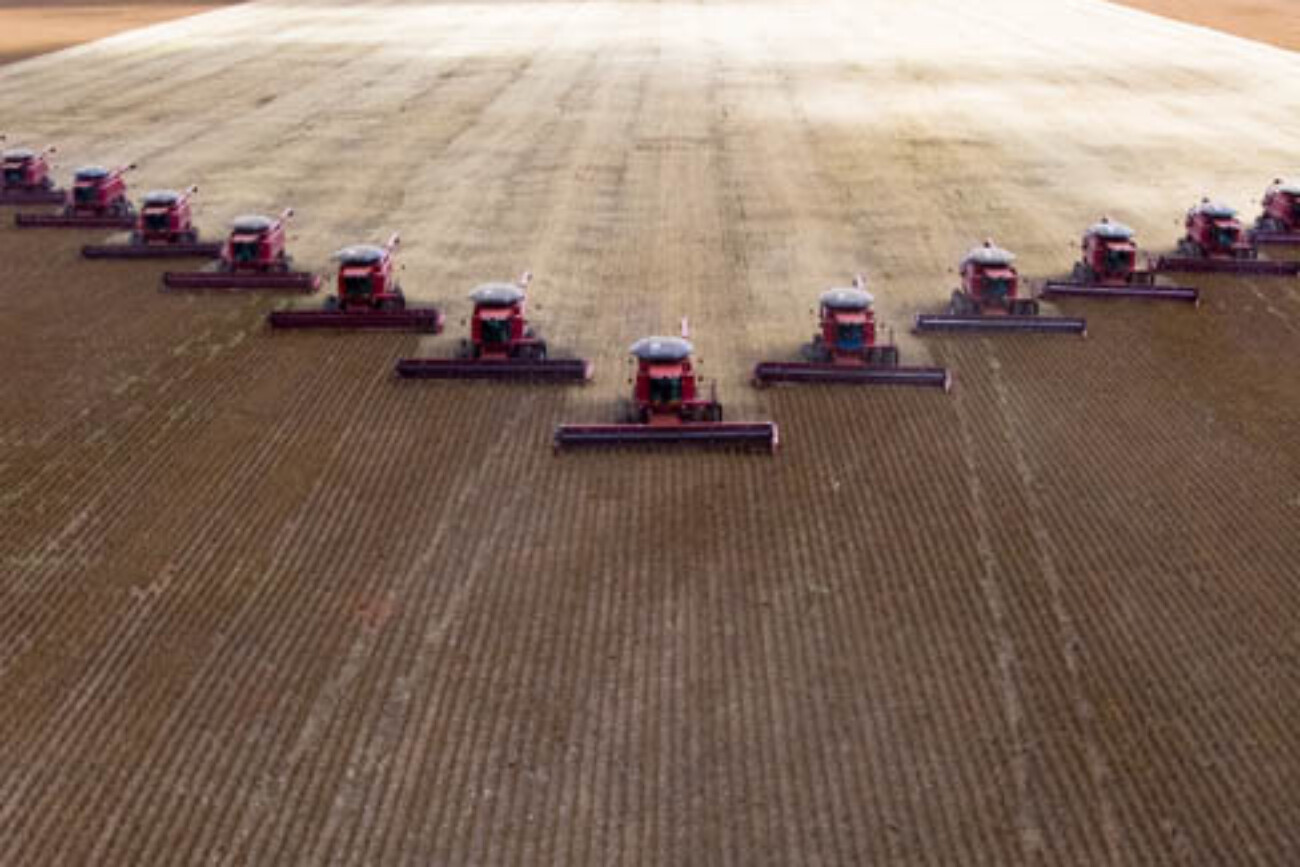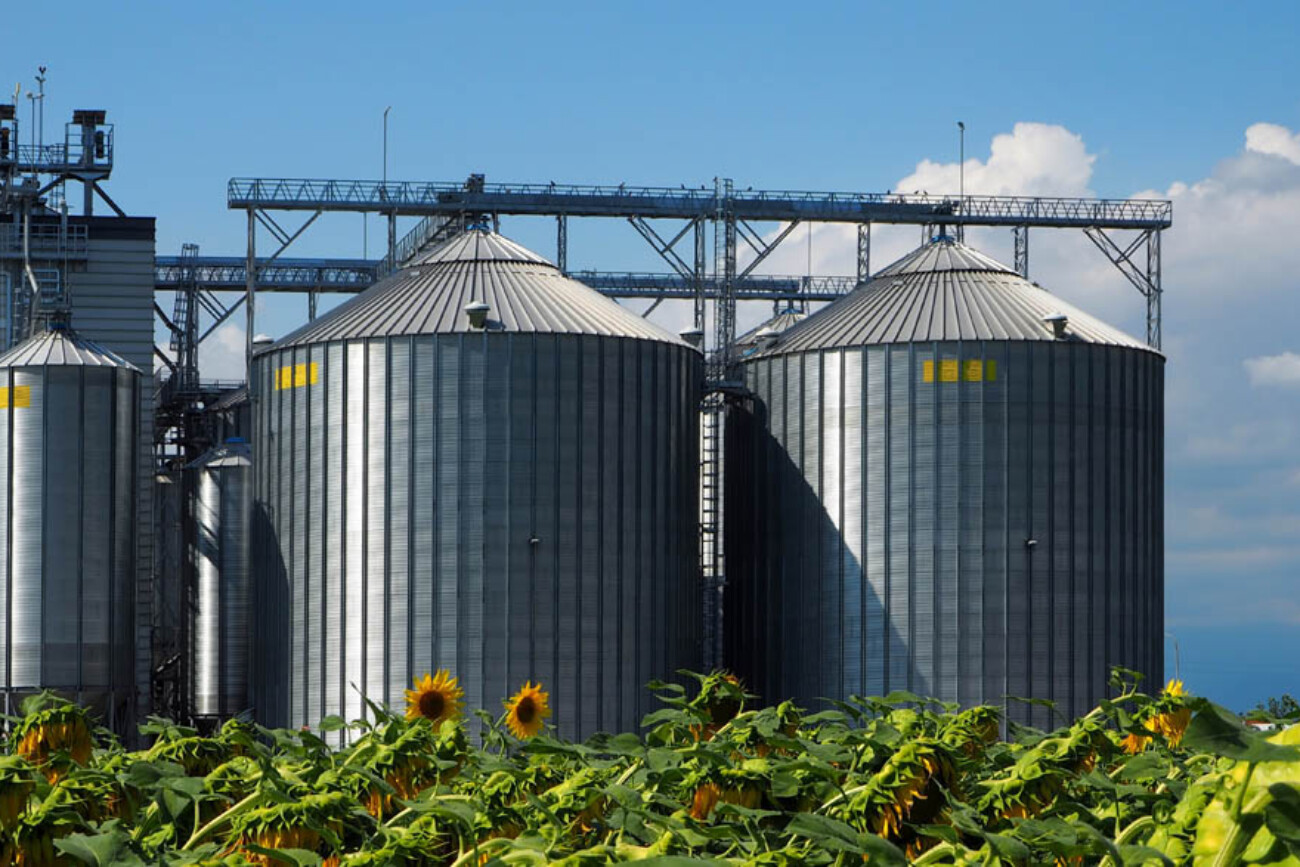Global Macro
Mixed economic news and Lula’s election victory dominated the headlines for us this past month. The highly anticipated Fed pivot hasn’t materialized yet but markets are swooning at the latest hint that they may. The stock rallies are furious as seemingly no one wants to sell and the media marvels at the percentage gains.
Indices tend to hide the dirt though and unless the weightings are equal, one wouldn’t notice the laggards. The same can be said of Sovereign bond markets who seem to be struggling even when the latest rumor of a pivot hits the tape. It is this behavior that has us remaining sanguine about any rallies. The dollar has ravaged EM current account balances and FX reserves beyond a mere correction. We fear that some will take an eternity to repair and for that reason we will continue to avoid countries whose FX reserves have fallen below 6 months of import cover. Turkey, Ecuador and Argentina have a multitude of agricultural trade opportunities but we simply cannot find ourselves to invest there yet, despite the solidity of an export contract.
Far too many sovereign balance sheets are weak,
much weaker than you would expect…
This all makes us wonder if the next crisis will not be the much expected equity collapse, but rather, a series of bond defaults which cascade into a holy mess. In some ways the crypto crisis is a mini version of this in slow motion as all the various crypto lending platforms fold one after the other. Back in the Sovereign world, bond defaults tend to be preceded by currency collapses and then the real trouble starts as some if not most will resort to a policy of dollar confiscation or quarantine. Far too many sovereign balance sheets are weak, much weaker than you would expect unless you’ve been watching closely. The UK was not an anomaly.
Despite the micro nature of our lending, we are keeping a close eye on macro developments and Sovereign balance sheets. It is where that the runes lie, not in the stock market. As to Lula, plus ca change, plus c’est la meme chose.
Agricultural Commodities
After an attack on Russian assets in Crimea, Putin’s immediate rage led to a “suspension” of Russia’s participation in the Black Sea Grain Initiative. A few nights rest brought rational minds back, and the realization that self-destructive retaliation is unlikely to be helpful. The deal never stopped, not for a moment, and remains alive and well today. We noted last month that the current deal is equally helpful to Russia as it is to Ukraine, maybe even more so, and thus it would be highly unlikely that they’d defect. This has now become exceptionally apparent.
Russia will continue to reintegrate itself into the global markets, and the North Atlantic faction has no choice but to let them in. The current state of co-dependence has become acutely obvious for both sides. Headlines of outrage, atrocities, and war have fallen towards the bottom of our news pages. Missiles hit Poland while writing this very note but have so far been quickly dismissed as a Ukrainian error. With heads turned elsewhere, this reintegration will continue to expand naturally, with only Ukraine stomping their feet, ever-more quietly.
…countries that have the resources
to mitigate supply chain weaknesses
will do so.
With everyone’s cards face up, we now see where the weak points are across supply chains. Governments whose countries have the resources to mitigate these weaknesses will do so. By example, the US has taken initiatives to increase its semiconductor production. This reliance became apparent during the emergence of Covid, which hamstrung the globe’s logistic networks, and thus came ahead of shifts in agricultural supply chains. The conflict in the Black Sea began two years later, and has revealed reliance on energy, food and fertilizer coming from this region. The US has already begun incentivizing production of soybean into biodiesel, which serves two purposes. First, it shall provide an alternative source of energy, which also acts as a political checkbox for climate activism. Second, it will keep more soybeans inside of the US going forward, a key input that can act as food, feed meal for animals, and energy alike.
Well-governed corporations whose supply chains include similar weak points, will also be incentivized to rejig the nodes on which they rely. Whether they be production, processing, logistics, or distribution assets, there will be movement.
There is an immense set of opportunities
to invest in nodes along an evolving supply chain
Unfortunately, this is to the determinant of the comparative advantages that have emerged during a period of globalization. The build out of these assets is with a protectionist mindset, to reduce reliance on nodes along supply chains that may one day disagree with the system in which each corporation or company operates. Therefore, it is hard to imagine that this will be helpful for long term economic prosperity. It does, however, give birth to immense set of opportunities to invest in nodes along the supply chain that are evolving.
Both economic and political considerations will be made in building new nodes. We think the most profitable opportunities in the agricultural space are likely to emerge in Latin America, where there is a thriving market for these goods and a relatively neutral political stance towards an emerging geopolitical duopoly. In this sense, we note that for the first time China will begin importing Brazilian soymeal. Traditionally, China imports raw soybeans for its own crushers, but is now opening this market to Brazil, the world’s largest producer and exporter of soybean. So, what’s happening here? The US will be keeping more soybean within its borders, and China may be encouraging Brazil to increase its processing capacity close to existing production. Supply chains are being redrawn.
Nord45Partners ©2022


